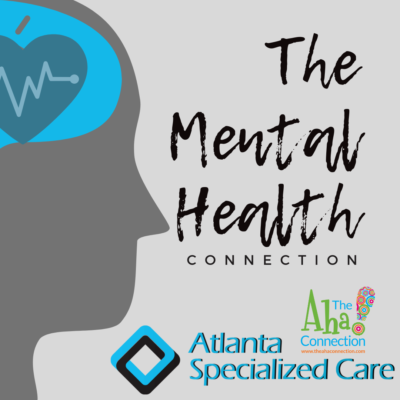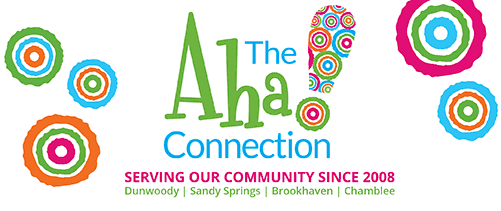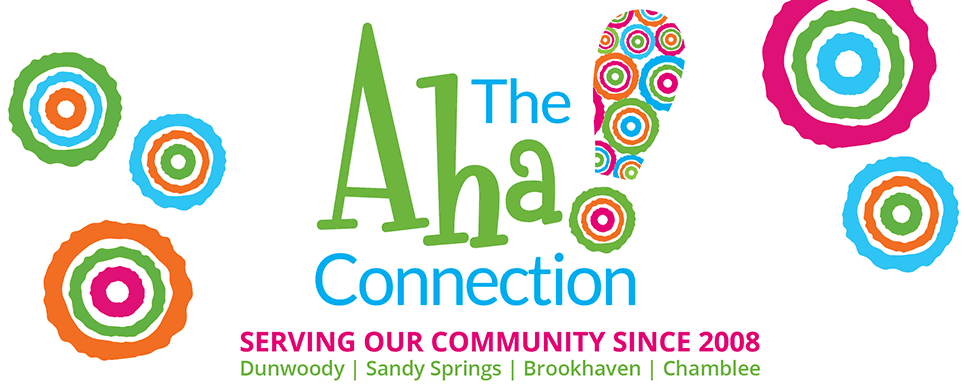 by Megan McKinney, LMSW of Atlanta Specialized Care for The Aha! Connection
by Megan McKinney, LMSW of Atlanta Specialized Care for The Aha! Connection
In the age of dieting, thin ideals, and injectable weight loss drugs, dialogue around body shape and size is just as prevalent as ever. Through social media, conversations with friends, and even from medical providers, many people are feeling the pressure to change how they look in order to meet societal standards. This opens the door for many to engage in disordered eating which is a risk factor for the development of an eating disorder. The sooner an eating disorder is identified and treated, the better the treatment outcomes. With the prevalence of eating disorders rising, especially among teens and young adults, it is important to have knowledge of the signs and symptoms of both disordered eating and an eating disorder.
Disordered eating behaviors can vary in their presentation. This may look like calorie counting, skipping meals, restricting certain food groups, hiding or throwing away food, fasting, compensatory exercise, self-induced vomiting, bingeing, eating in secret, or inappropriately using diuretics or laxatives. These behaviors may come along with feelings of guilt and shame around eating, body dissatisfaction, and/or low self-esteem.
Disordered eating can become an eating disorder when the duration and severity of behaviors meets criteria outlined in the DSM-5-TR. Many eating disorders are characterized by preoccupation with one’s body, fears of weight gain, restriction, purging, bingeing, excessive exercise, and/or weight loss. Psychological distress and medical symptoms accompany eating disorder diagnoses. Psychological symptoms can include depression, anxiety, increased isolation, and irritability. Medical symptoms can include dizziness, fainting, fatigue, irregular menstrual cycle, hair loss, heart palpitations, GI issues, and temperature dysregulation.
Eating disorders can impact individuals of all ages, sizes, genders, and backgrounds, and it is important to note that less than 6% of people with eating disorders are medically underweight. Eating disorders are severe and dangerous disorders. They are the second deadliest mental illness following opioid addiction. Therefore, it is important to seek help from a mental health professional when disordered eating behaviors arise, even if someone does not “look” like they have an eating disorder.

Individualized Counseling in Atlanta and Alpharetta, Georgia
At Atlanta Specialized Care, our name says it all. Our care is specialized and dedicated to helping those who struggle with mood, anxiety/OCD, addiction, trauma, eating disorders, family dynamics, social and communication challenges, and executive functioning difficulty.
Our therapists offer scientifically proven interventions and compassionate care. We will work together to create the life you want.
Our treatment plans focus on your mental health and support your unique needs. We treat the whole person considering the mind, body, spirit, family system, vocation academics and hobbies.





